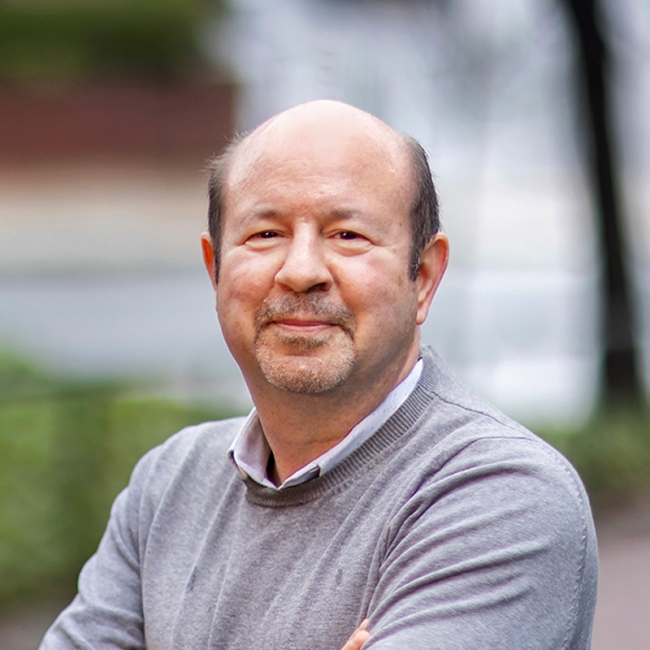Our Fragile Moment
Tuesday, October 29, 2024
Dinner Reception 6:30 p.m.
Faculty Discussion 7:30 p.m.
Dessert Reception 8:30 p.m.
Earth wasn’t always a place for humans. But at some point in its long history, the Earth’s environment changed, creating niches where human civilization could thrive, along with climate challenges that continued to spur innovation. Join climate scientist Michael Mann, in conversation with Penn Arts & Sciences’ Associate Dean for the Natural Sciences Mark Trodden, for a wide-ranging discussion of our climate crisis, how humans have responded to climate challenges in the distant past, and how to arm ourselves with the knowledge—and will—to act now.


